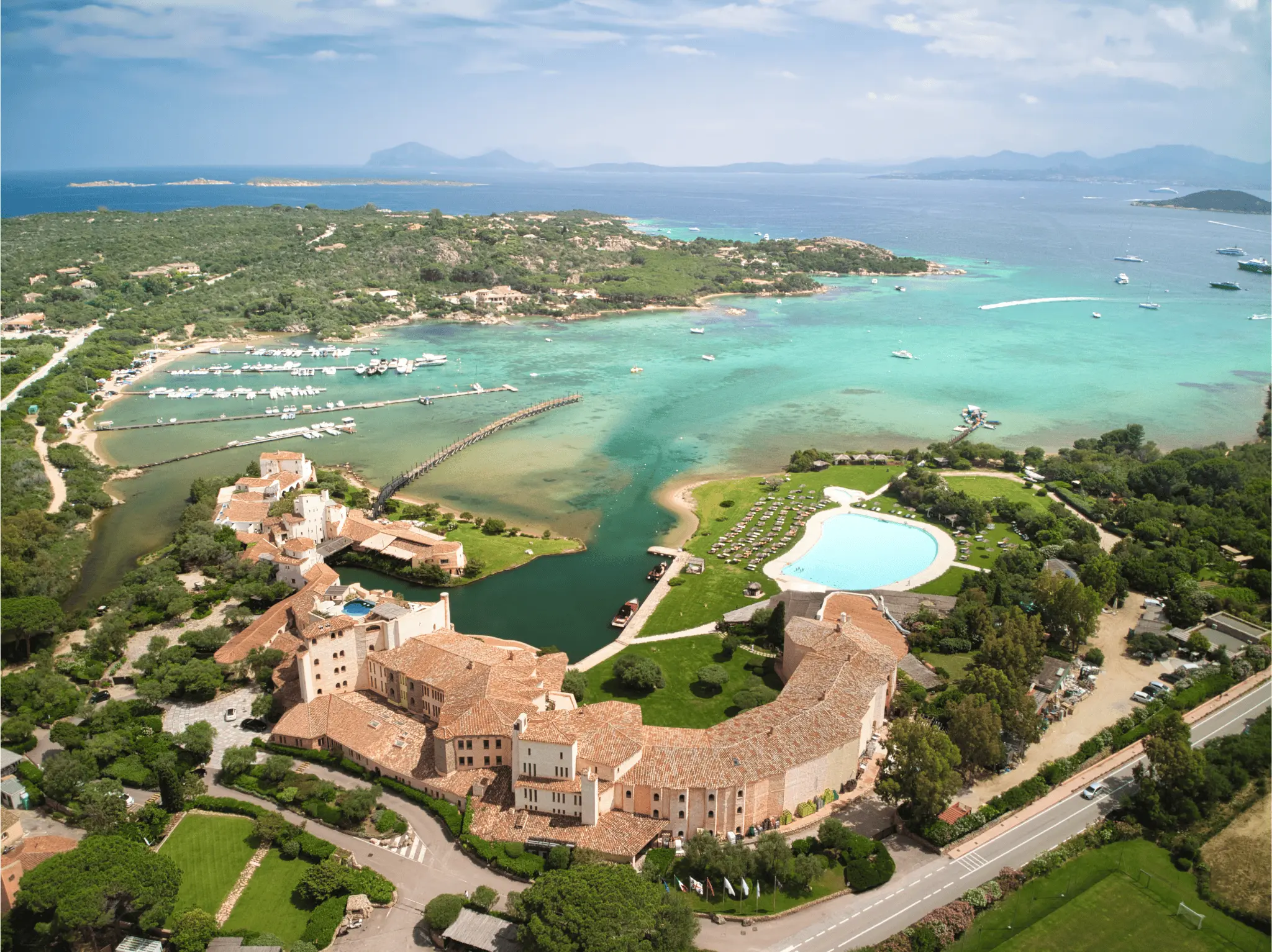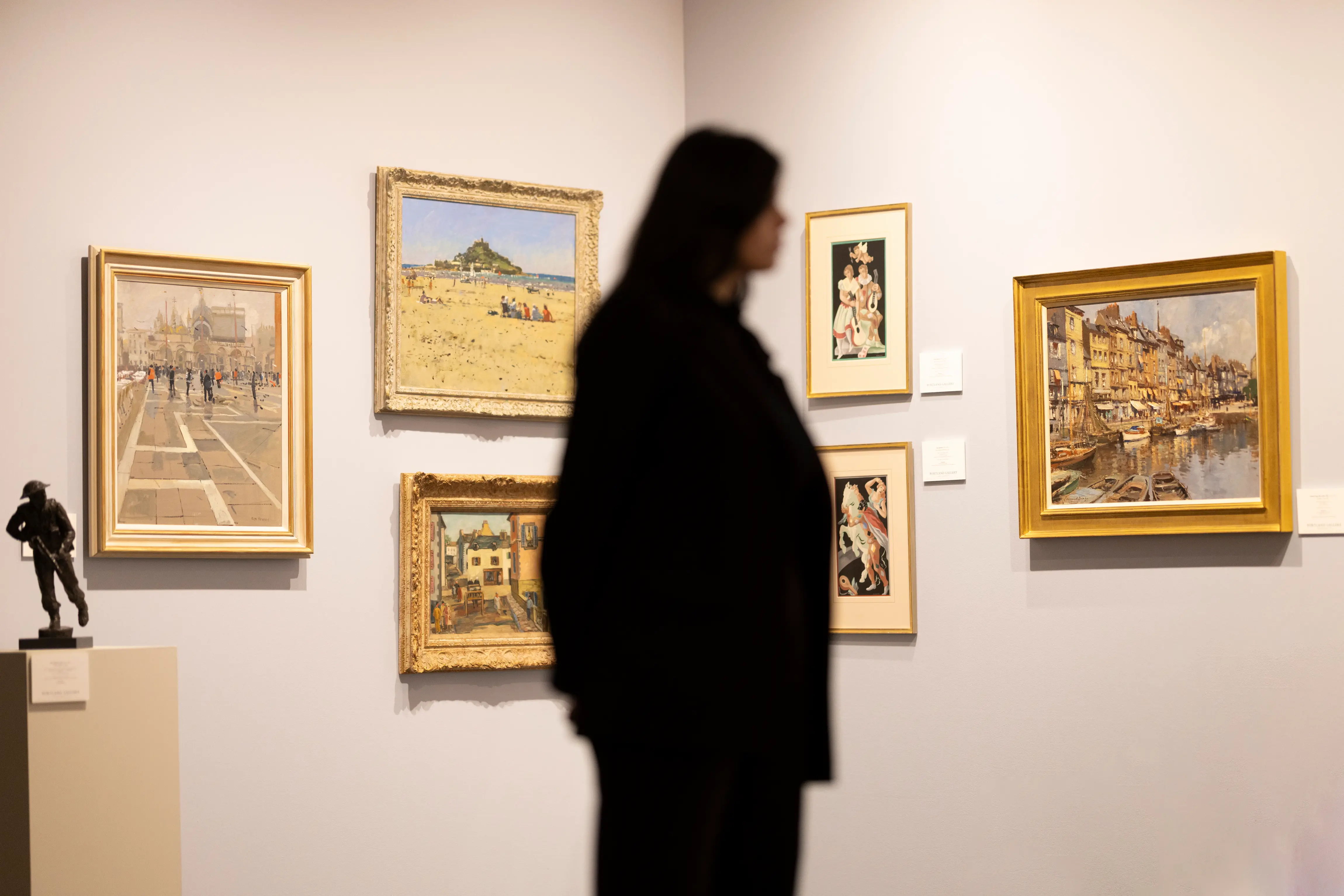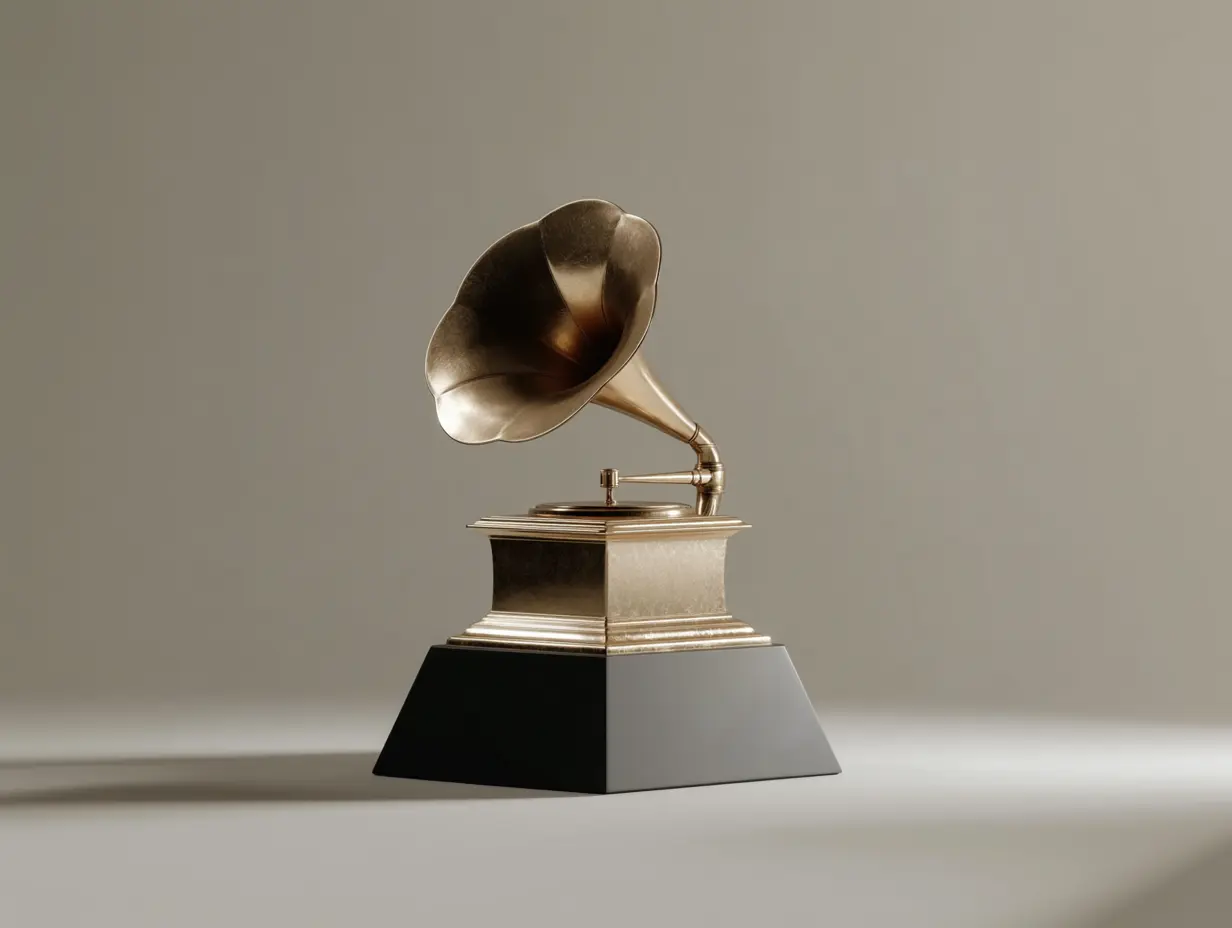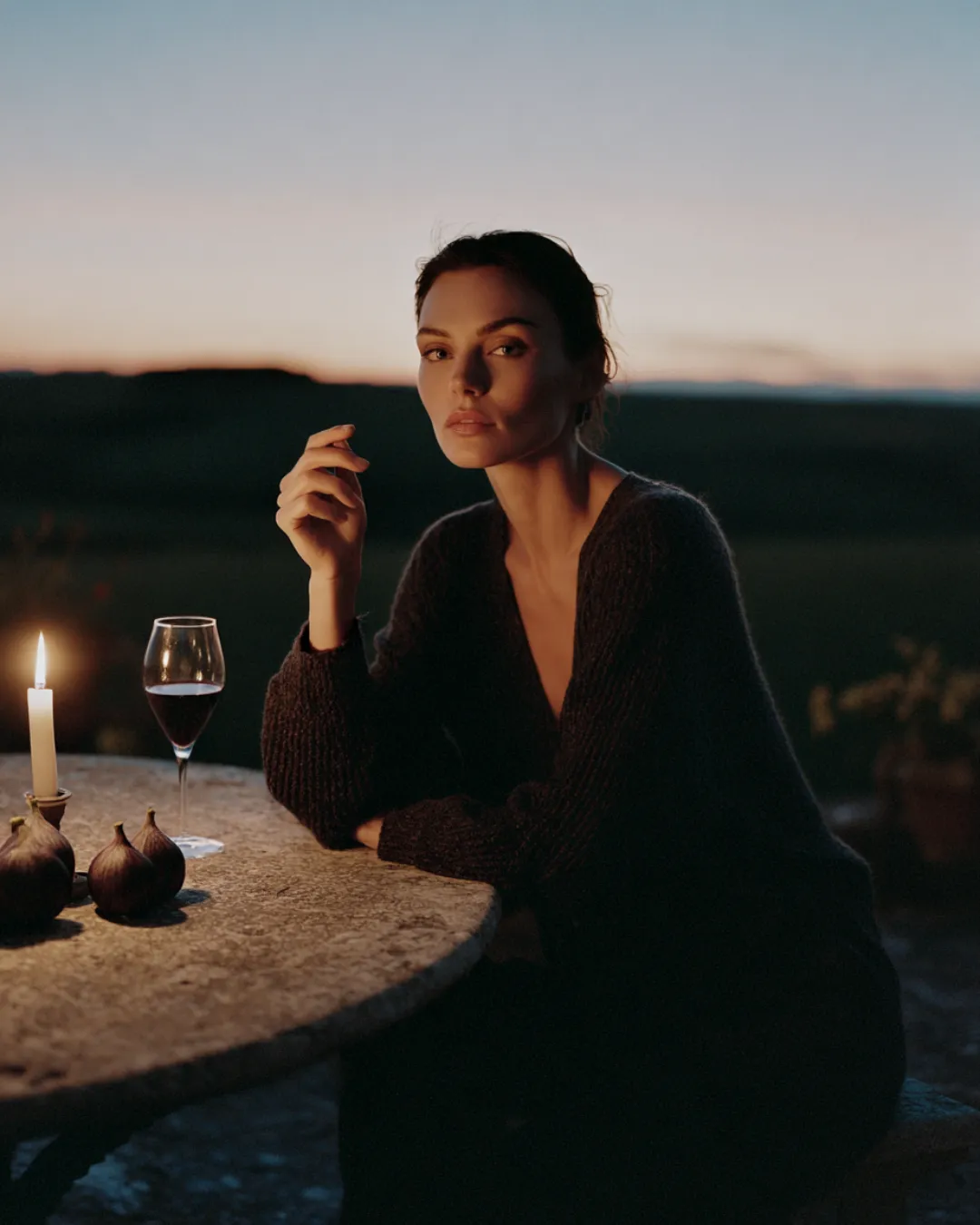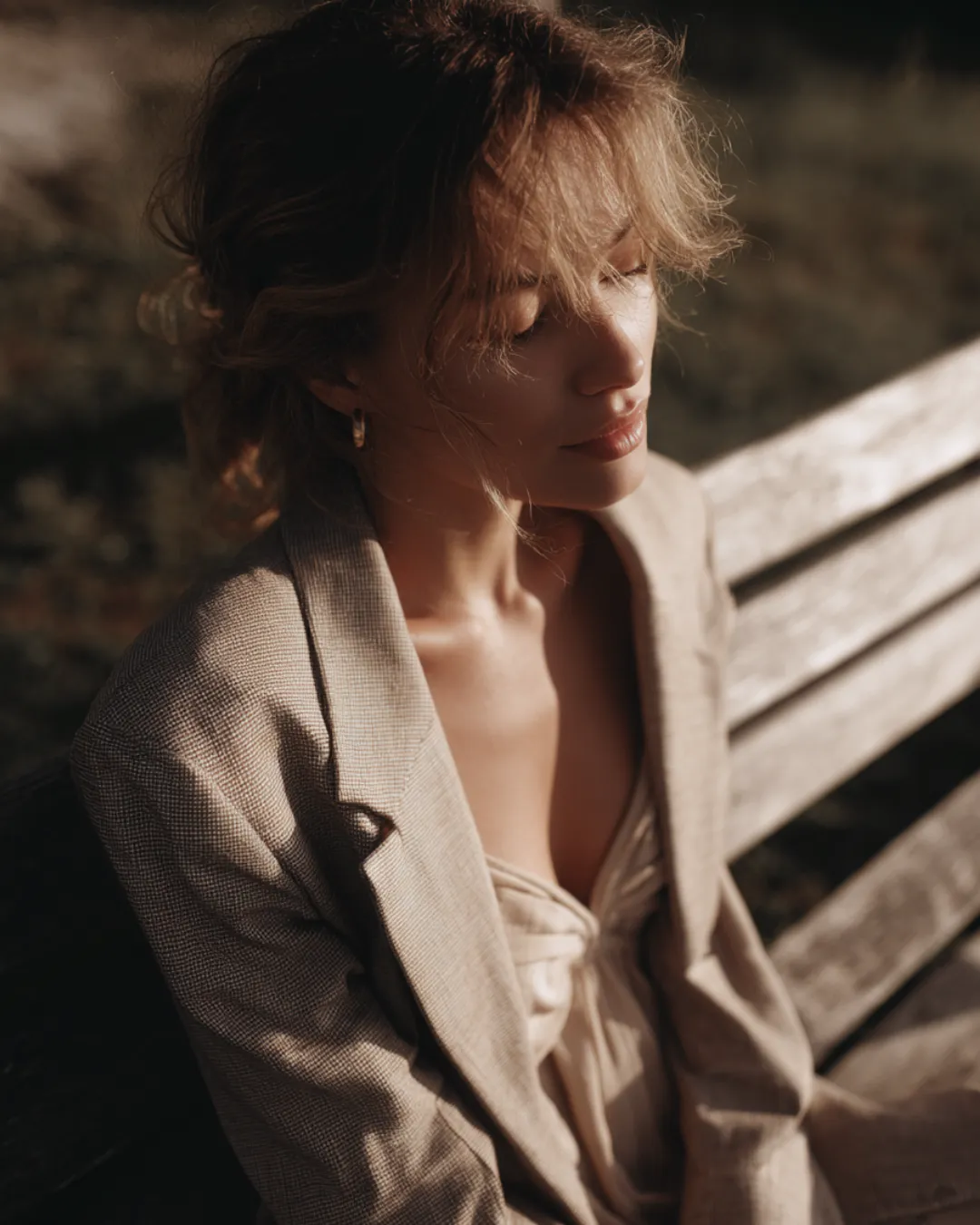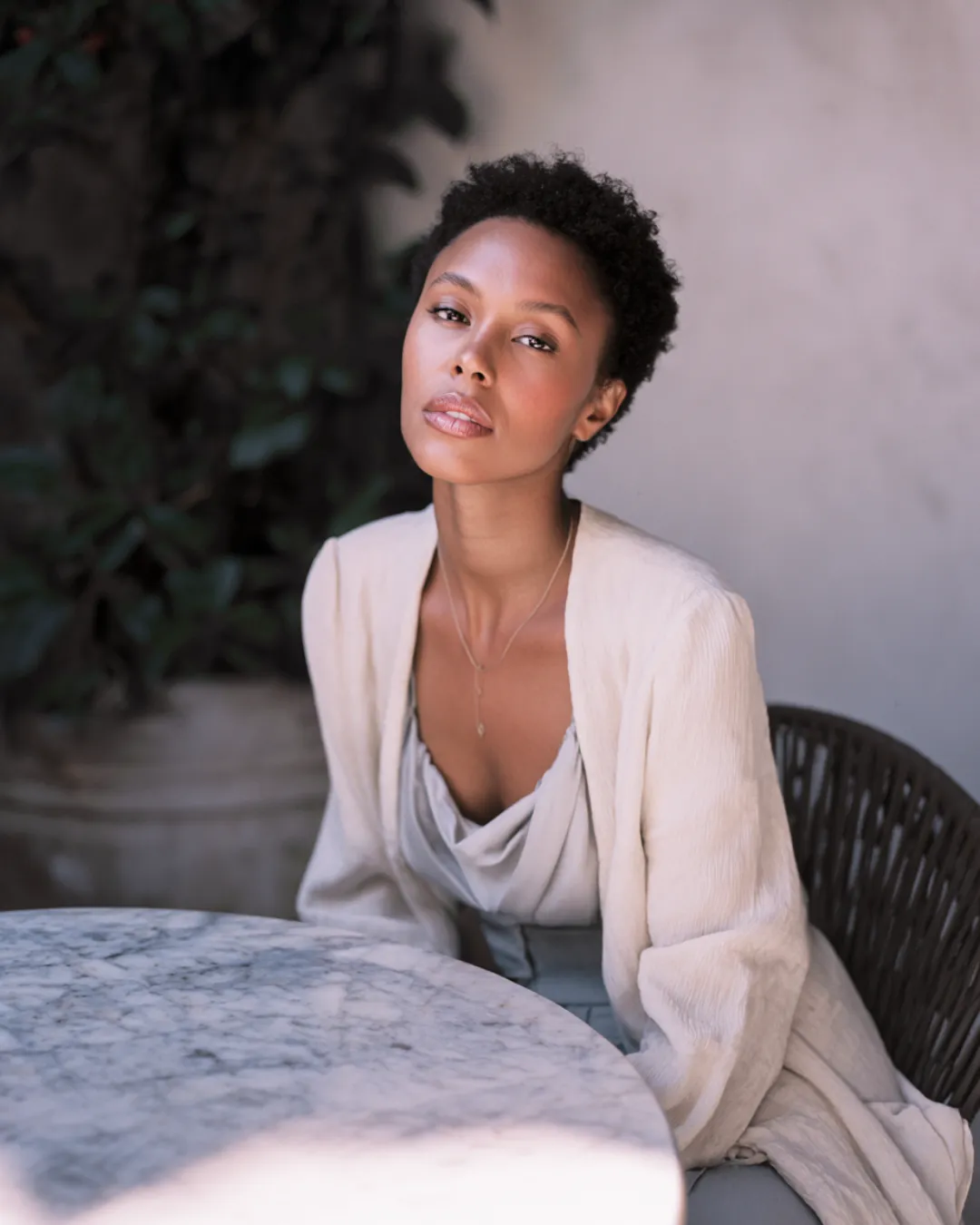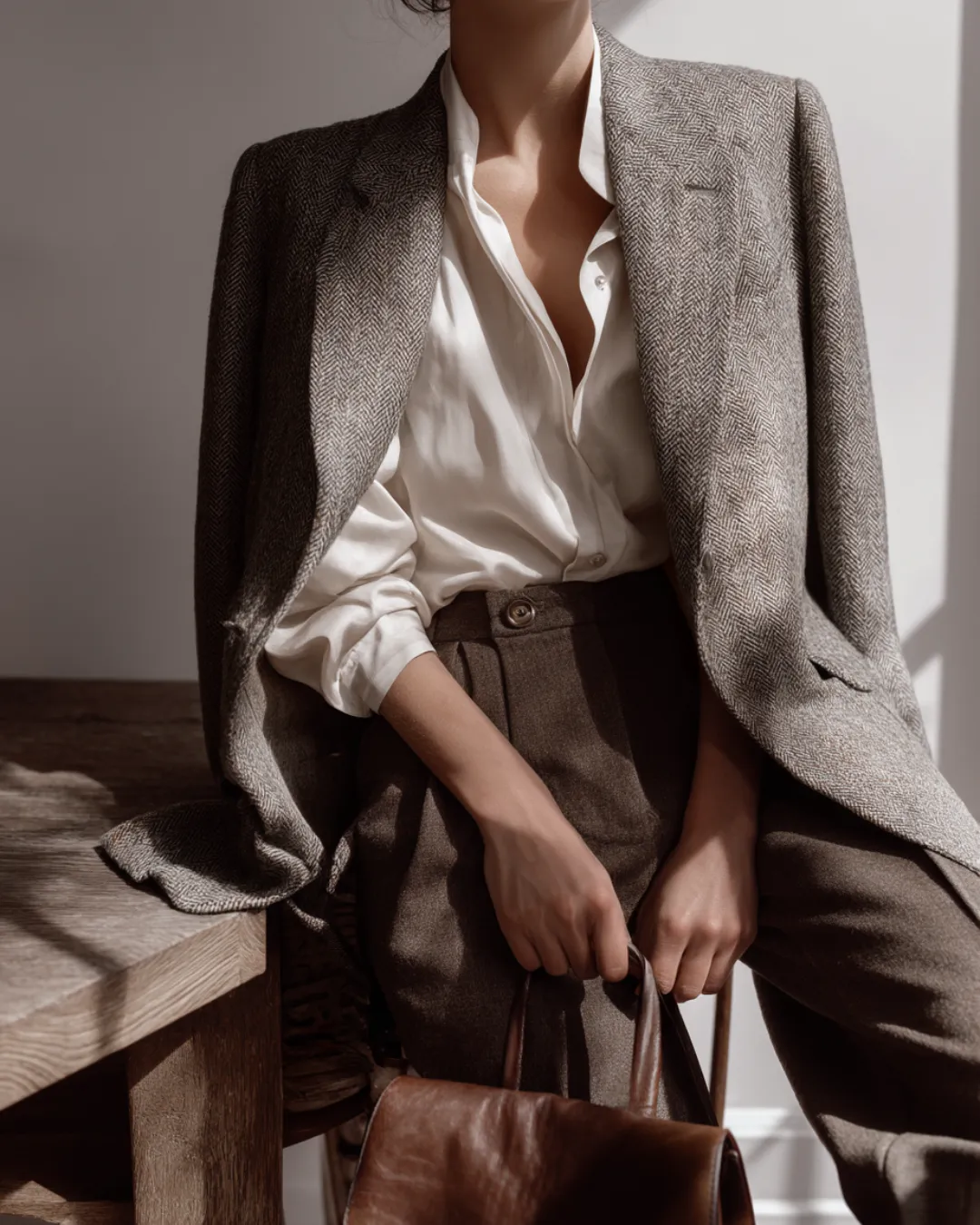Salzburg Festival 2025 The Art of Summer
Courtesy of Hauser & Wirth
Courtesy of Astra Marina Cabras
Courtesy of LA Art Show
Courtesy of Lukas Gansterer
Courtesy of Henge
Courtesy of Andreas Simopoulos
Courtesy of Dave Benett
Courtesy of Japan Mobility Show
Courtesy of ART Cologne
Courtesy of whenobjectswork / Kate Hume
Courtesy of Ivan Erofeev
Courtesy of Stéphane ABOUDARAM - WE ARE CONTENT(S)
Courtesy of Sacha Moreau / Global Gift Gala Monaco
Courtesy of Fadi Al Shami
Courtesy of Sofia Hartmann
Courtesy of Historyhd
Courtesy of Mick De Paola
Courtesy of the artist (c) VG Bild-Kunst, Bonn 2025. Photography by Jens Ziehe.
Courtesy of Yasamine June
Courtesy of Rawisara Prachaksubhanit
Courtesy of Mariia Dred for Berlin Fashion Week
Courtesy of Michael Fousert
Courtesy of Raden Prasetya
Courtesy of Antonia Tewes
Courtesy of Antonia Tewes
Courtesy of Carlo Bazzo
Courtesy of Artem Zakharov
Courtesy of James Cochrane / Copenhagen Fashion Week SS26
Courtesy of Fashion Week Studio
Courtesy of Burak Goraler / AFW
Courtesy of Antonia Tewes
Courtesy of SF / Luigi Caputo
Courtesy of Bruno Cordioli / CC BY 2.0 via Wikimedia Commons
Courtesy of Dubai Fashion Week / Ruzaini Official
Courtesy of Frieze Seoul 2025 / Wecap Studio
Courtesy of LecartPhotos
Courtesy of Jacopo Salvi / La Biennale di Venezia / ASAC Photo
Courtesy of Campione d’Italia’s Classic Circuit
Courtesy of Maxi Yacht Rolex Cup
Courtesy of Jochem Raat
Courtesy of Corey Watson
Courtesy of Pitti Immagine / Fragranze
Courtesy of Le Sable
Courtesy of Once Milano
Courtesy of Monaco Yacht Show
Photo by Darren Carroll/PGA of America
Courtesy of Guy Bell / British Art Fair
Photo by Sean Zanni / Patrick McMullan via Getty Images
Courtesy of Messe München GmbH / Thomas Plettenberg
Courtesy of ph G Martin-Raget/SNST
Courtesy of David Pupăză
Courtesy of Derek Rose
Courtesy of Jim Winslet
Courtesy of Millie Turner/BFI
Photo by Hugo Glendinning. Courtesy of Frieze
Courtesy of Rolex / Kurt Arrigo
Courtesy of Laura Dupuy
Courtesy of Palm Beach Show Group
Courtesy of Getty Images for Perelman Perfor
Courtesy of BFA 2025
Images credited Jason Alden courtesy of LAPADA
Courtesy of Informa Markets
Courtesy of The Qatar Boat Show
Courtesy of Getty Images for Baby2Baby
Courtesy of Jeanne Canto
Courtesy of Darian DiCianno
Courtesy of David Long/Cancer Research UK
Courtesy of Saslong Classic Club
Courtesy of Dieter Nagl für die Wiener Philharmoniker
Courtesy of Derek Rose
Courtesy of Lukas Gansterer
Courtesy of Sam Frost
A
T
I
S
I
O
O
T
M
I
L
L
L
C
S
S
T
T
A
T
H
F
T
E
F
O
A
T
F
I
T
T
T
T
I
I
T
I
O
P
S
A
S
U
O
A
E
G
B
I
A
I
L
I
T
M
O
G
U
I
L
S
N
I
D
U
T
A
F
I
W
F
O
A
A
M
L
I
V
I
I
S
A
J
he 2025 Salzburg Festival spanned 45 days from July 18 to August 31, encompassing 174 performances across 16 venues (plus dozens more youth events). It remains “the world’s most important festival for opera, classical music and drama”, a summit of artistic achievement that global tastemakers flock to each year. Under the leadership of artistic director Markus Hinterhäuser – himself praised for keeping Salzburg a “global cultural beacon” – the 2025 edition presented a wide-ranging program from Baroque opera to avant-garde concert works. Patrons packing the gilded Großes Festspielhaus and the picturesque Felsenreitschule (a theater hewn from the side of a mountain) could sense an underlying thematic thread.
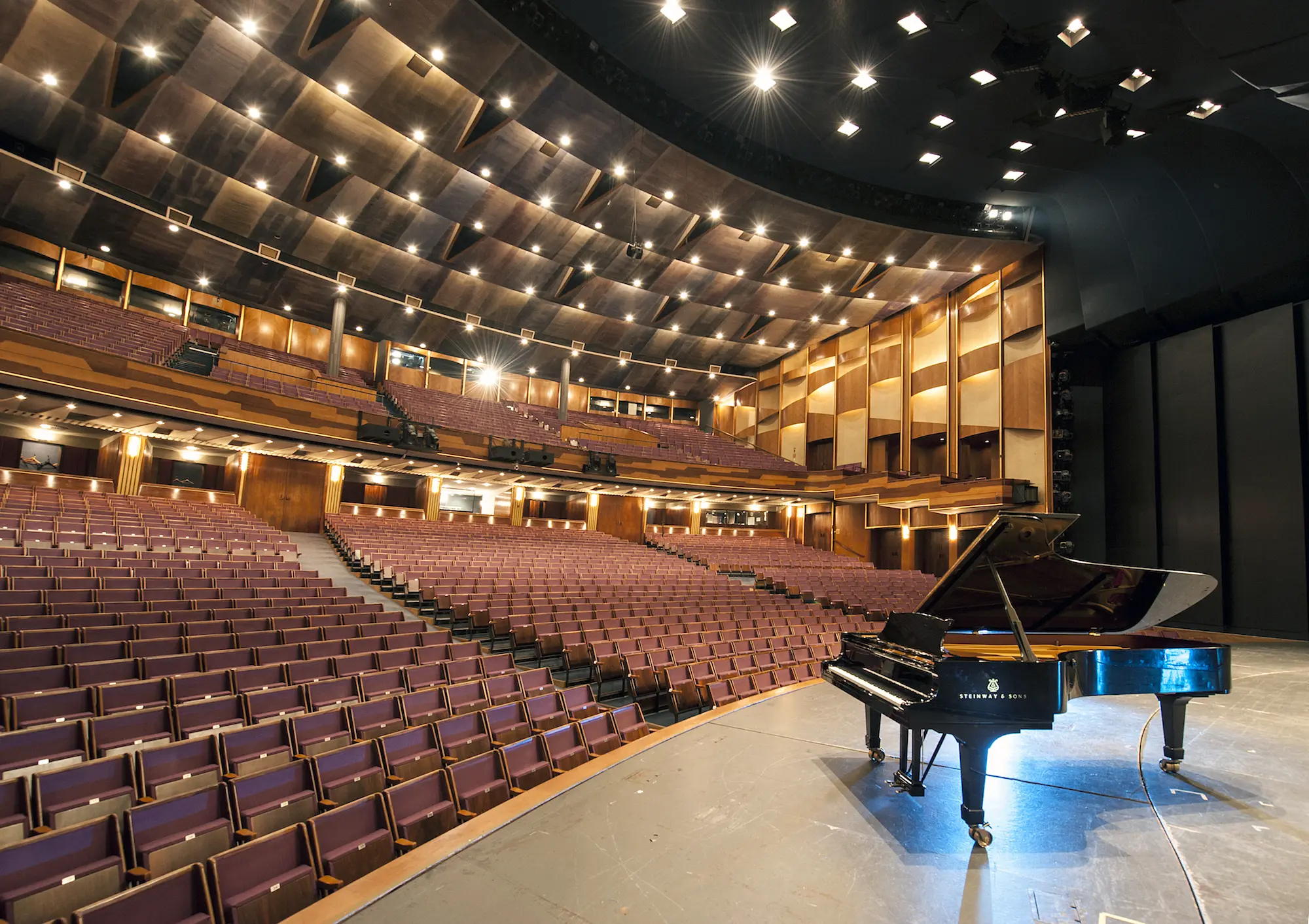
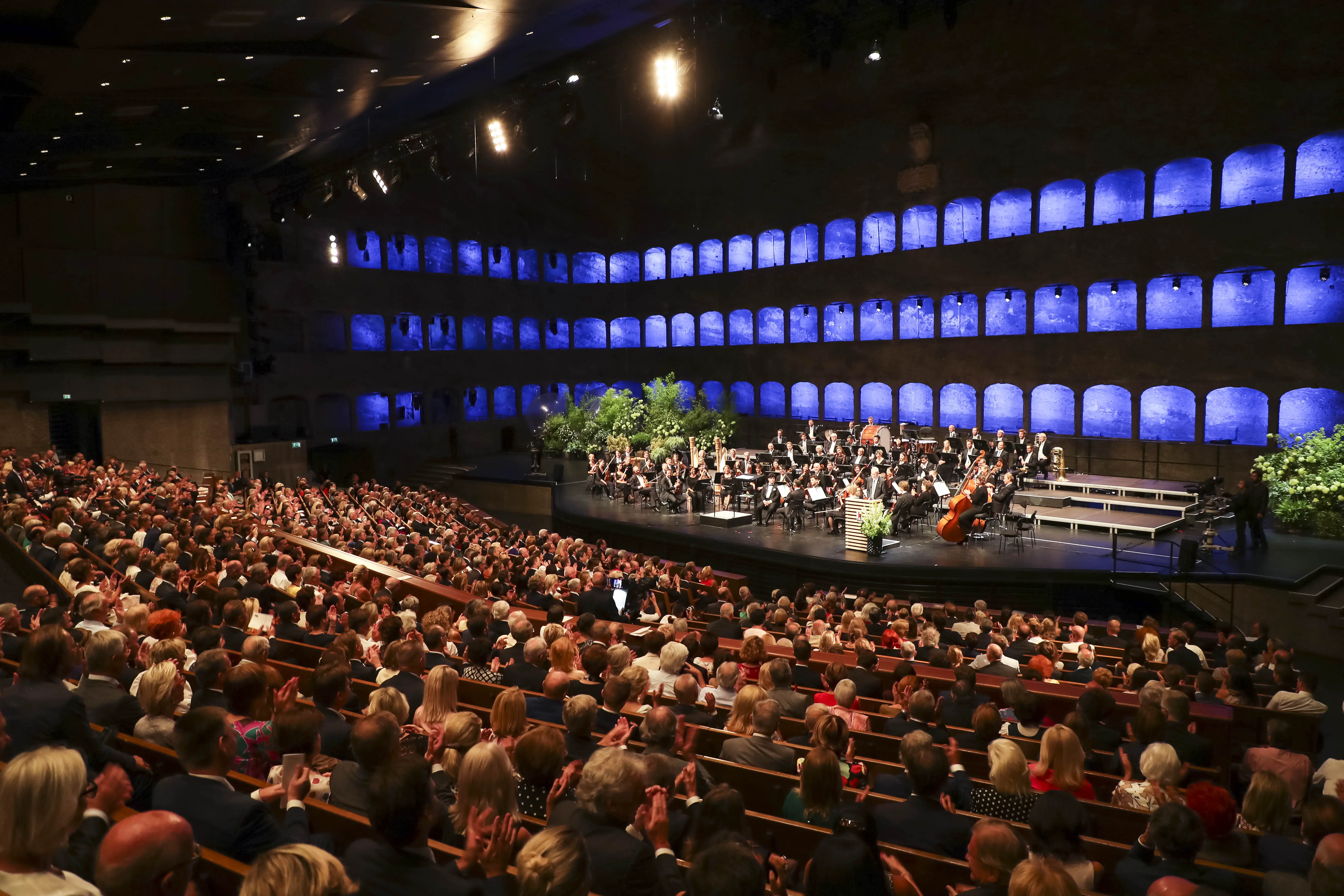
As the festival’s directors described, 2025’s programming shone a magnifying glass on existential questions – fate, finality, and transcendence – with many protagonists on stage confronting the end of an era or the end of life itself. This introspective theme, titled “Fatum” (Destiny) in the festival’s opening concert series, lent a philosophical cohesion to the summer’s offerings.
The official opening ceremony on July 26 attracted not only arts aficionados but also heads of state and dignitaries, underscoring Salzburg’s standing as a cultural and diplomatic hub. Austria’s Federal President Alexander Van der Bellen delivered a rousing opening speech urging courageous societal leadership, and historian Anne Applebaum’s keynote praised the festival as a bastion of civil society and “a symbol of the power of people inspired by ideals such as art, education, and harmony”. Amid this fanfare, Georg Friedrich Händel’s Giulio Cesare in Egitto was staged as the festive opening opera, a Baroque spectacle of power and passion that set an opulent tone for the summer. From that moment, Salzburg’s cultural heartbeat quickened – an ecstatic rhythm of evening premieres, gala concerts, and theatrical triumphs that would carry through late August.
Power, Passion and Premieres
Opera is the crown jewel of the Salzburg Festival, and 2025’s lineup balanced celebrated classics with innovative productions. The leitmotif threading through the opera program was “power” – the rise and fall of those who wield it. Nowhere was this more evident than in the festival’s trio of new opera productions, each centered on historical or literary figures grappling with destiny:
- Handel’s Giulio Cesare in Egitto – This lavish new production of Handel’s 1724 opera about Julius Caesar in Egypt served as the opening flourish of the festival. A Baroque tour-de-force directed with modern verve, Giulio Cesare dazzled elite audiences in Salzburg’s Haus für Mozart, blending period authenticity with contemporary style. The opera’s themes of imperial ambition and political intrigue set a fitting stage for the summer’s exploration of power. Its presentation in Salzburg was nothing short of regal, reaffirming Baroque opera’s enduring allure among high-society patrons.
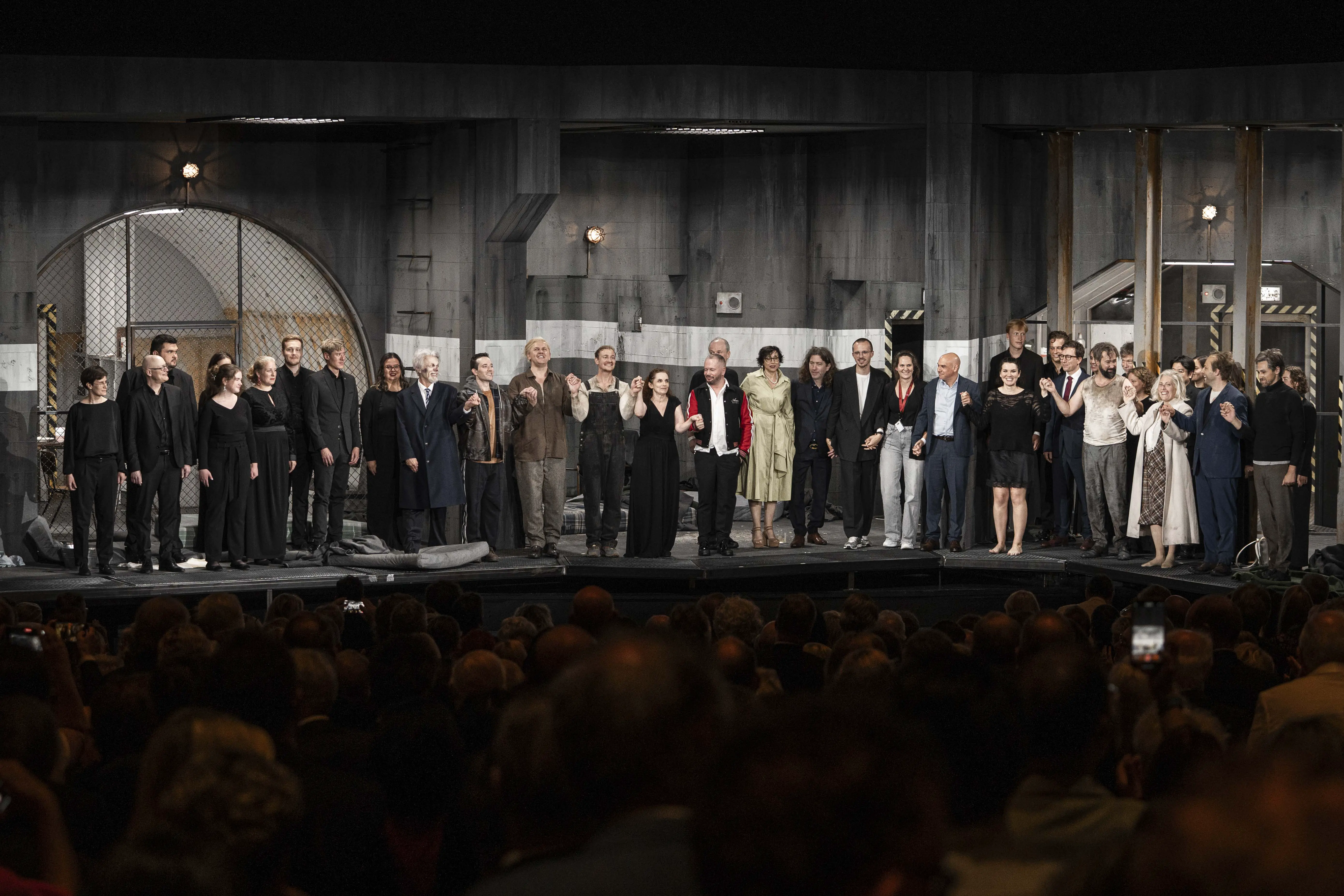
- Donizetti’s Maria Stuarda – Gaetano Donizetti’s dramatic bel canto opera about Mary, Queen of Scots and Queen Elizabeth I played out as a monumental new staging at the Großes Festspielhaus. Director Ulrich Rasche emphasized the “fundamental power struggle” between the rival queens, underscoring the brutal mechanics of power with a stark set of giant revolving discs. In the title role of Mary Stuart, American soprano Lisette Oropesa delivered vocal fireworks and pathos, while mezzo-soprano Kate Lindsey portrayed Elizabeth – together they captivated Salzburg’s discerning audience. This production, powered by the Vienna Philharmonic under Antonello Manacorda, was a festival centerpiece, fusing heritage (Donizetti’s 1835 score) with a fresh, minimalist aesthetic.
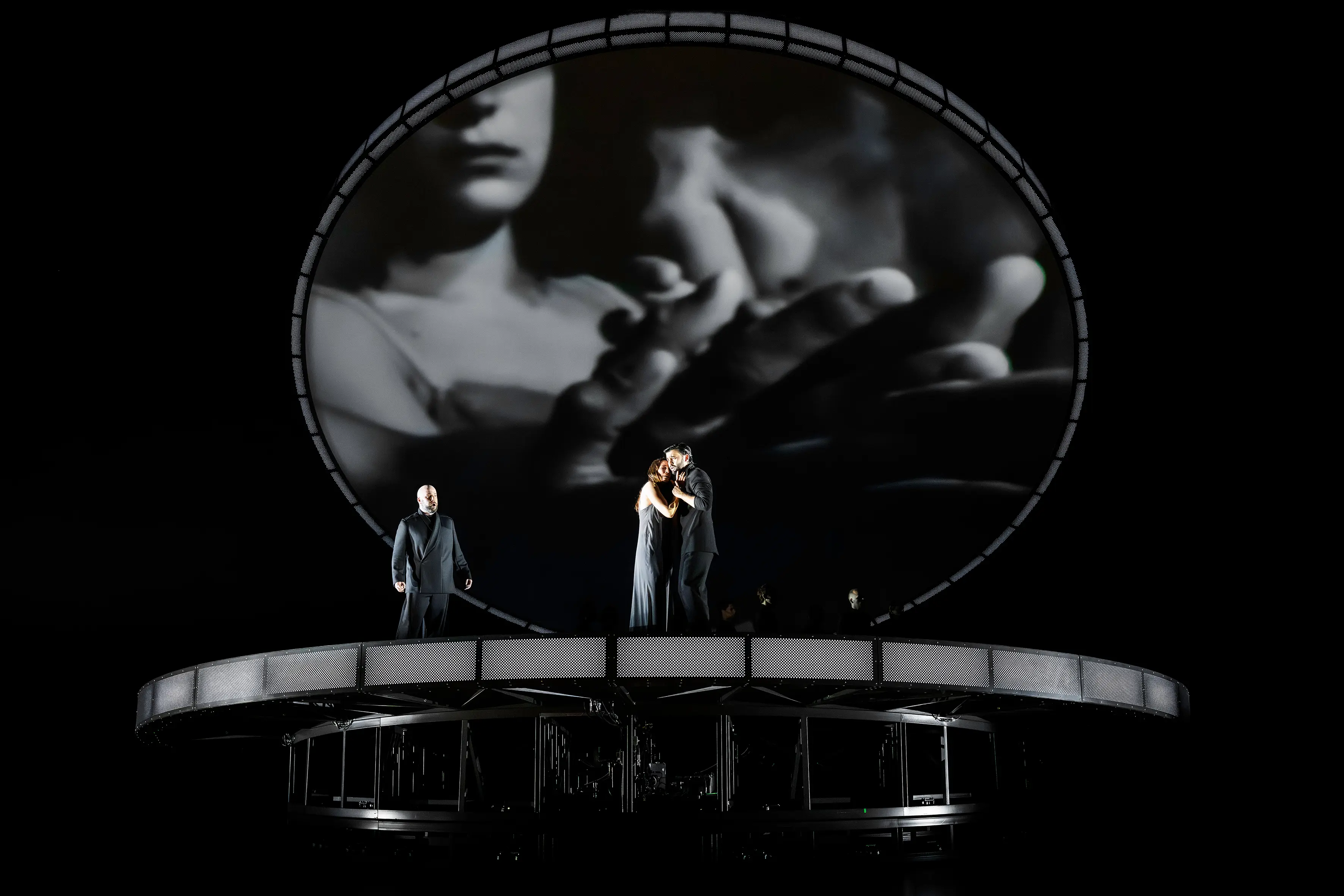
- Verdi’s Macbeth – Giuseppe Verdi’s opera of Shakespearean ambition and downfall brought dark majesty to the Salzburg stage, with Lithuanian soprano Asmik Grigorian headlining as Lady Macbeth. The festival’s theme of fate loomed large in Macbeth: the witches’ prophecies and Macbeth’s doomed grasp for power embodied the “inevitable destiny” motif. Grigorian’s portrayal – wild-eyed in madness, soaring in Verdi’s mercurial arias – earned admiration from both critics and the festival’s glitterati. This Macbeth stood as an ode to power’s price, aligning perfectly with 2025’s leitmotif and offering festival-goers the thrill of Verdian high drama.
Augmenting these classic works, Salzburg 2025 also ventured into lesser-known and modern operatic repertoire that enriched its cultural tapestry. Mozart’s unfinished opera Zaide was presented in a new staged version titled “Zaide oder Der Weg des Lichts” (“Zaide or The Path of Light”), adding a thoughtful epilogue to Mozart’s fragmentary singspiel.

In the hands of contemporary directors, Zaide became a meditation on enlightenment and hope – a rare treat for connoisseurs and a noteworthy festival premiere. Modern opera made its mark with Peter Eötvös’s Three Sisters, based on Chekhov’s play. This 1998 opera places three provincial sisters in existential limbo, resonating with the festival’s focus on characters “longingly calling for [the end]”. Its Salzburg production gave voice to the alienation of Chekhov’s heroines through Eötvös’s haunting score, offering a provocative contrast to the 19th-century staples. Additionally, a concert performance of Salvatore Sciarrino’s rarely-heard opera Macbeth (a modernist 2002 chamber opera interpretation of Shakespeare) was featured as part of the festival’s exploration of fate. Sciarrino’s Macbeth – all eerie whispers and fragmented notes – presented a cutting-edge counterpoint to Verdi’s grand opera, satisfying avant-garde tastes in the audience.
Premieres and special projects further spiced the 2025 opera roster. The festival’s commitment to new work was evident in the world-premiere staging of Musketeers! – a children’s opera that brought youthful energy and fresh composition to the jung & jeder* (Youth) program. And at the Whitsun Festival in early June (Salzburg’s mini-festival led by mezzo-soprano Cecilia Bartoli), director Barrie Kosky unveiled “Hotel Metamorphosis,” an imaginative pastiche weaving together mythological tales of transformation, which was later reprised for summer audiences. Whether reinterpreting a Baroque masterpiece or championing contemporary works, Salzburg’s opera programming in 2025 exemplified the festival’s broad artistic range – from Mozart to modern, as the organizers like to say. For the international jet-set crowd in attendance, it was a feast of vocal art that satisfied both classic tastes and adventurous palates.
Orchestral Mastery and Commemorations
At the Salzburg Festival, orchestral concerts and recitals carry an equal prestige to opera – and 2025 delivered in abundance. The venerable Vienna Philharmonic once again formed the backbone of the concert program, reaffirming why Salzburg is “world-renowned” for its musical standards. Across five major orchestra concerts, the Vienna Phil was led by a parade of legendary maestros: Riccardo Muti brought his old-world authority, Andris Nelsons and Yannick Nézet-Séguin injected youthful dynamism, Franz Welser-Möst returned with refined elegance, and rising star Lorenzo Viotti made his much-anticipated Salzburg debut on the podium. Under these batons, the Philharmonic shone in repertory ranging from Mozart to Mahler, reminding festival-goers that this orchestra has been setting Salzburg’s musical gold standard for over a century.
A highlight among highlights was the special focus on anniversaries and homage in 2025’s concerts. The festival celebrated the 100th birthday of Pierre Boulez – the late French composer-conductor who was a modernist giant – with a dedicated series titled “À Pierre.”

Contemporary ensembles and the Vienna Philharmonic alike performed works by Boulez, showcasing his pioneering spirit to Salzburg’s sophisticated audience. Equally, the 50th anniversary of Dmitri Shostakovich’s passing was commemorated with a series of performances of the Soviet master’s symphonies and chamber works, honoring his enduring legacy within 20th-century music. Salzburg’s high-society listeners, many of them patrons of classical institutions worldwide, appreciated the historical resonance of these commemorations – a reminder that great music, like great societies, honors its past masters even as it evolves.
Beyond the main Philharmonic concerts, the 2025 festival offered a rich array of chamber music, lieder recitals, and sacred music under the banner of the Ouverture Spirituelle. This opening week series, themed “Fatum – Destiny”, delved into spiritual and fateful works that set a contemplative mood.
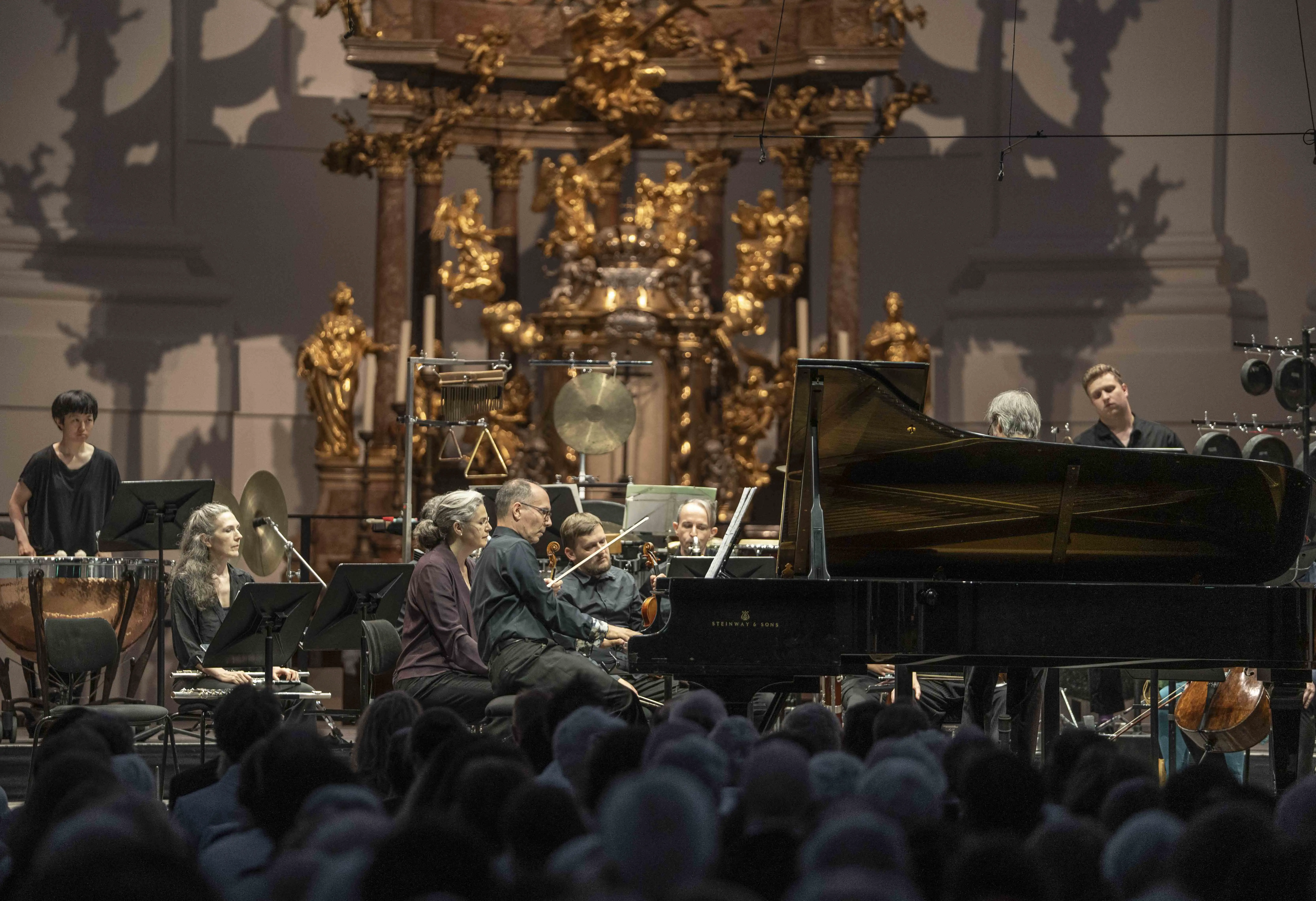
One remarkable event was Igor Stravinsky’s Oedipus Rex presented as an “opera-oratorio” concert – with Hollywood actor Christoph Waltz as the narrator on stage, lending star power and dramatic heft. Tenor Allan Clayton sang the tragic Oedipus, and Esa-Pekka Salonen, stepping in on short notice after Lorenzo Viotti fell acutely ill, conducted the Vienna Philharmonic and Vienna Singverein chorus. The sight of a world-famous Oscar-winning actor (Waltz) performing in a classical concert typified Salzburg’s blend of high art and celebrity: global tastemakers witnessing artistic collaborations that happen nowhere else. Likewise, the festival staged Hans Werner Henze’s oratorio Das Floß der Medusa (The Raft of the Medusa) – a searing work inspired by Géricault’s painting and premiered amid 1968’s upheavals – as part of Fatum. With maestro Ingo Metzmacher leading the ORF Radio Symphony and massed choruses, this oratorio about a historic shipwreck became a somber reflection on fate and human folly, deeply moving the festival’s audience. Such thoughtfully curated concerts balanced the glittering galas with moments of introspection, underscoring the festival’s role as not just entertainment for elites but also a forum for profound cultural reflection.
Theater and Drama
While music takes center stage, drama has an immortal place at the Salzburg Festival – anchored by the festival’s founding play Jedermann. In 2025, the tradition continued as Hugo von Hofmannsthal’s Jedermann (Everyman) was performed in the Cathedral Square, as it has been every summer since 1920. Audiences gathered at dusk in the Domplatz, many dressed in evening finery despite the outdoor setting, to watch actor Philipp Hochmair once again embody the wealthy Everyman who is called to account by God.
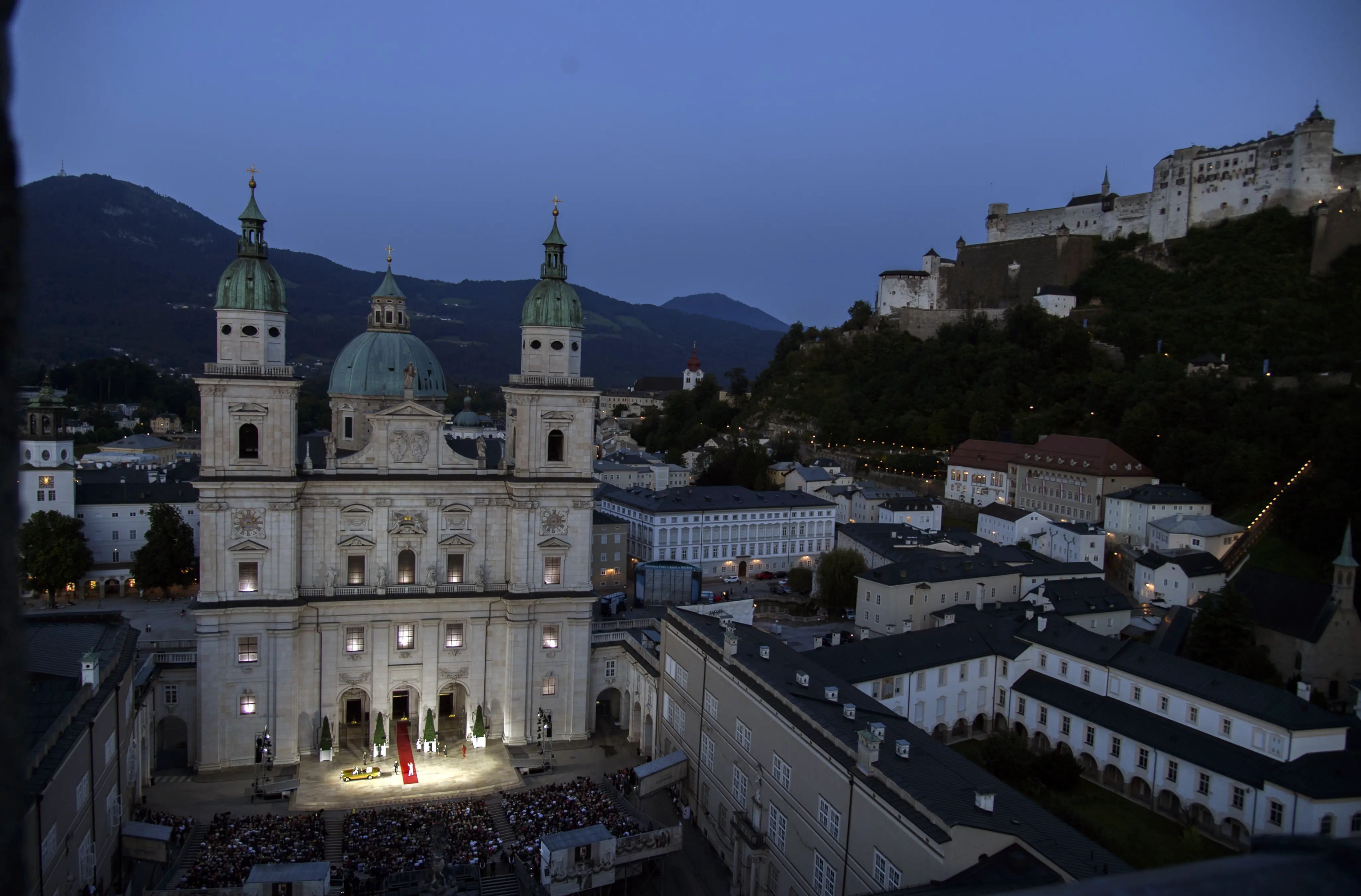
Opposite him, Deleila Piasko charmed as the Paramour, lending a fresh face to the time-honored morality play. Jedermann is more than theater – it is Salzburg’s ritual of continuity, a link to the festival’s origins that high society attendees revere for its heritage. The sight of Salzburg’s baroque cathedral looming behind the stage, while death and salvation play out in Hofmannsthal’s verses, remains one of the festival’s most iconic and soul-stirring experiences.
The 2025 drama program extended beyond Jedermann to bold theatrical statements that echoed the year’s thematic concerns. A standout was Karl Kraus’s Die letzten Tage der Menschheit (The Last Days of Mankind), staged as a co-production with Vienna’s Burgtheater.

This sprawling epic about the horrors of World War I – often called unstageable for its length and scale – found new life on the Perner Island venue. By presenting Kraus’s satirical apocalypse, the festival connected past and present: Last Days of Mankind confronted audiences (which included not a few European statesmen in attendance) with the dark absurdities of war and nationalism, topics that felt pointed and relevant amid current global debates. Another fresh offering was Vladimir Sorokin’s The Blizzard, adapted for the stage and also performed on Perner Island. Sorokin’s surreal tale of a man struggling through a deadly snowstorm, here directed with eerie minimalist staging, became a metaphorical exploration of human vulnerability against implacable nature – very much in step with the festival’s fascination with extreme circumstances and endings. Rounding out the drama bill was Le Passé (“The Past”) by Leonid Andreyev, a psychological drama rarely seen on major stages, which gave festival audiences a glimpse of early 20th-century Russian symbolism and moral questioning.

Together, these theatrical works reinforced Salzburg’s image as a living museum of theater history and a laboratory of new interpretations. From a classic morality play performed under the open sky to avant-garde adaptations in industrial warehouses, the festival’s drama offerings engaged the cultural elite with intellectual depth and spectacular stagecraft.


